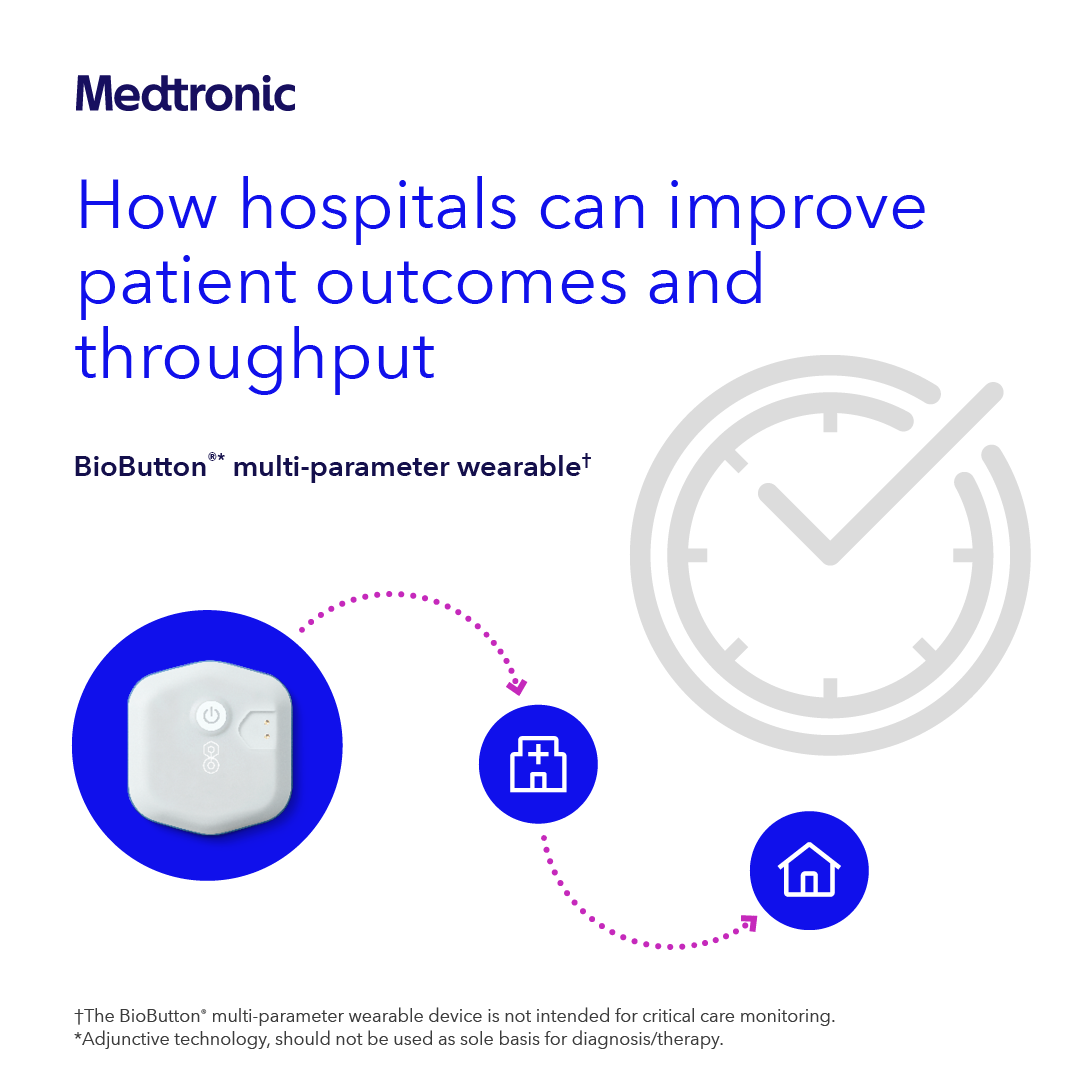The Future is Now for Nurse Wellbeing

You may have heard that the Future of Nursing 2020-2030 report was released last month.
Work on this document has been ongoing for several years, and it is a resource that will help drive our profession forward for the next ten years. It is 503 pages and contains many calls to action.
The four key messages emphasized in the report are to remove nurse practice barriers permanently, value nurses’ contributions, prepare nurses to understand and tackle health equity, and fully support nurses. As we begin to digest this report here at AMSN, I want to focus on the vital message related to fully supporting nurses.
The chapter acknowledges nursing is a demanding profession and that nurses always carry a burden due to the nature of the work we do. As nurses care for patients, we encounter physical, emotional, ethical, and mental challenges.
The authors emphasize that if nurses’ wellbeing is not managed, their patients, health care organizations, and communities are impacted.
The report outlines the physical health challenges of our nursing workforce. The statistics surprised me—only 11% of us eat at least two servings of fruits and vegetables a day, just 20% of us engage in regular light to moderate exercise, 40% of us average less than 7 hours of sleep in 24 hours, and there is a 40% increase in the risk of cardiovascular disease among shift workers.
This data paints a concerning picture about nurses’ physical health, but nurses’ mental health is also at risk.
The report also addresses nurse’s mental and behavioral health, including burnout, compassion fatigue, suicide, bullying and incivility, workplace violence, and racism and discrimination. Our mental health is impacted daily. It is imperative that we create work environments that support nurses’ physical and mental health and diminish the challenges we face while providing care to patients.
The chapter suggests individual-level and system-level approaches to improving nurses’ wellbeing. Individual-level interventions include physical activity, a healthy diet, adequate sleep, obtaining ethical competence, and combating incivility, bullying, and workplace violence.
System-level interventions have suggestions for nurse leaders, educational institutions, employers, policymakers, and nursing professional associations. I believe the system-level approaches are paramount to improving individual nurse health and wellbeing.
As a nursing professional organization, AMSN will continue to work for our members to provide you the educational resources you need and resources and programs that will help you maintain your physical and mental health, not just today but throughout your career.
Things may not change as quickly as we would like them to, but AMSN is ready and willing to support you and will work with our colleagues and partners to help actualize this part of the Future of Nursing Report. Please contact us to let us know how we can help with your wellbeing.
reference
National Academies of Sciences, Engineering, and Medicine 2021. The Future of Nursing 2020-2030: Charting a Path to Achieve Health Equity. Washington, DC: The National Academies Press. https://doi.org/10.17226/25982.



